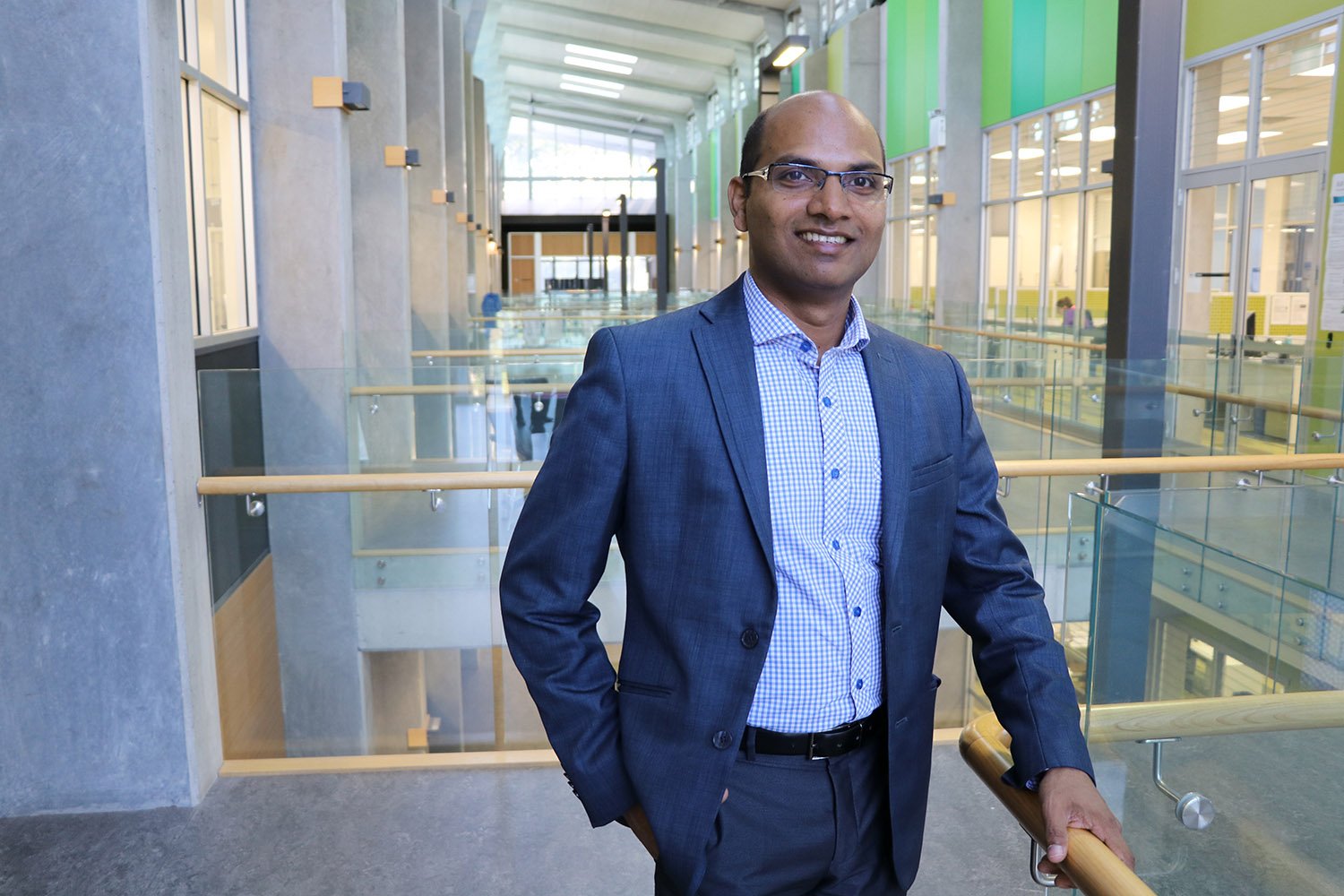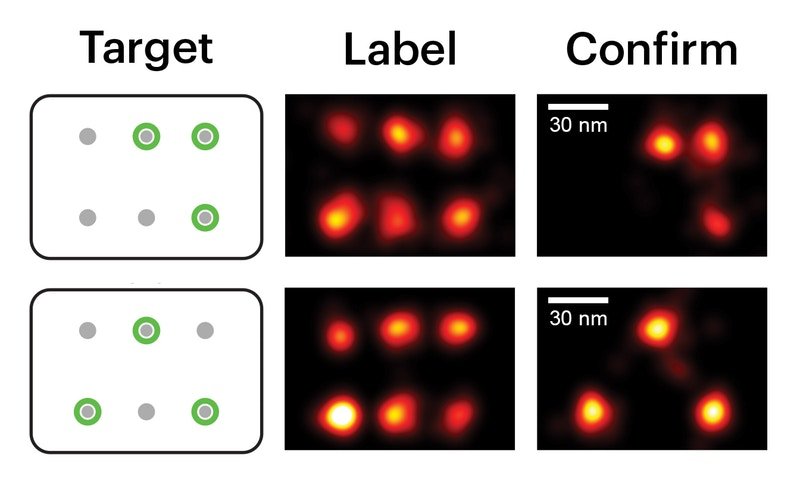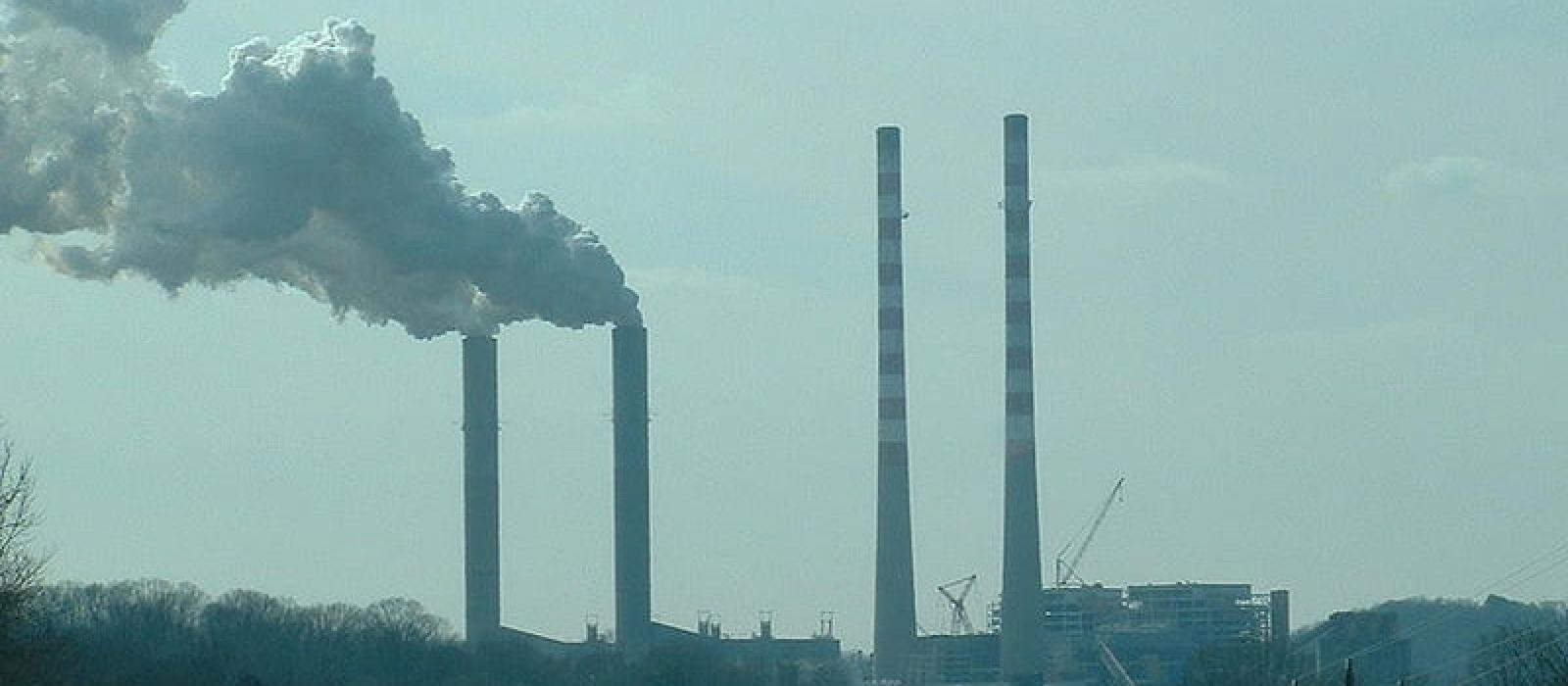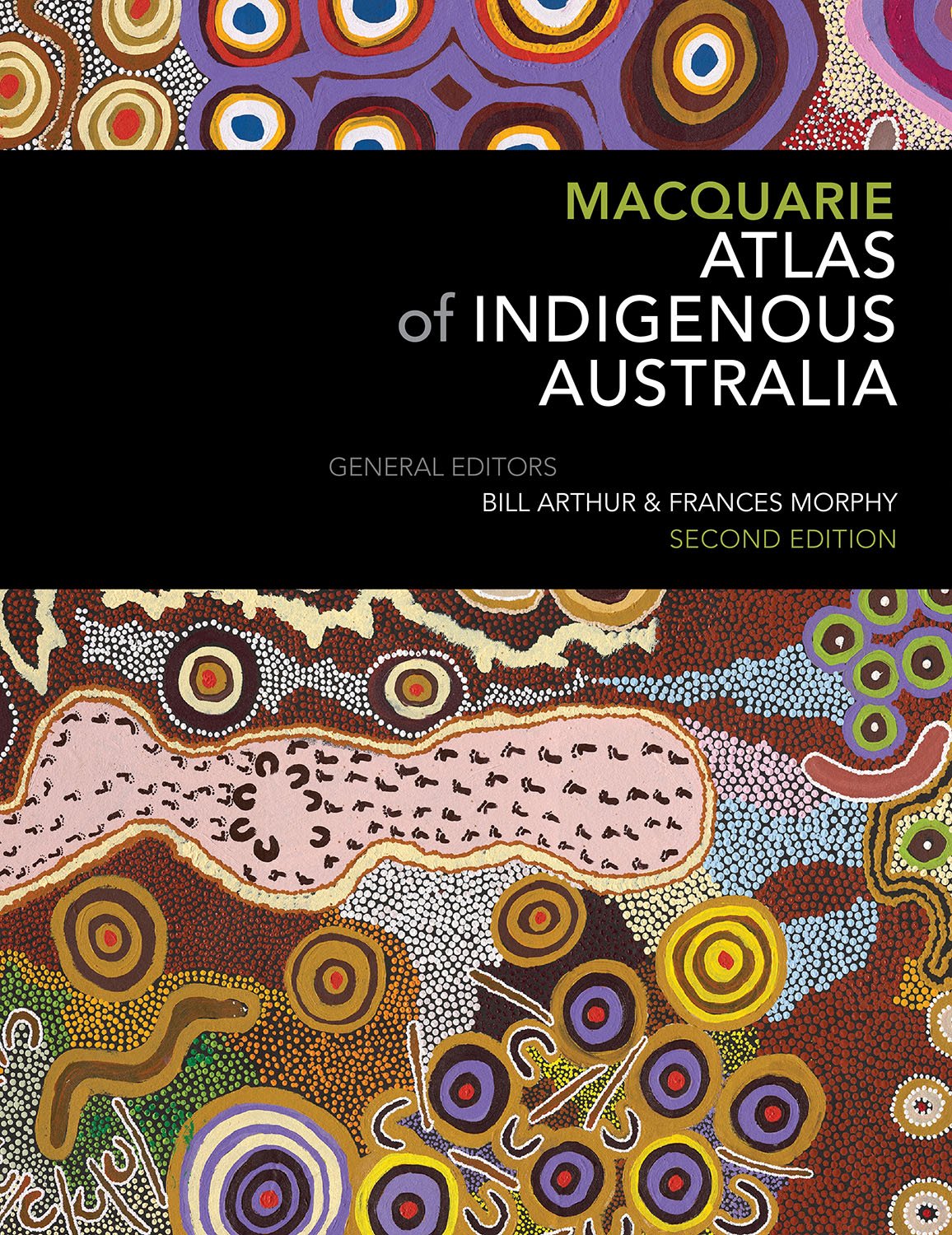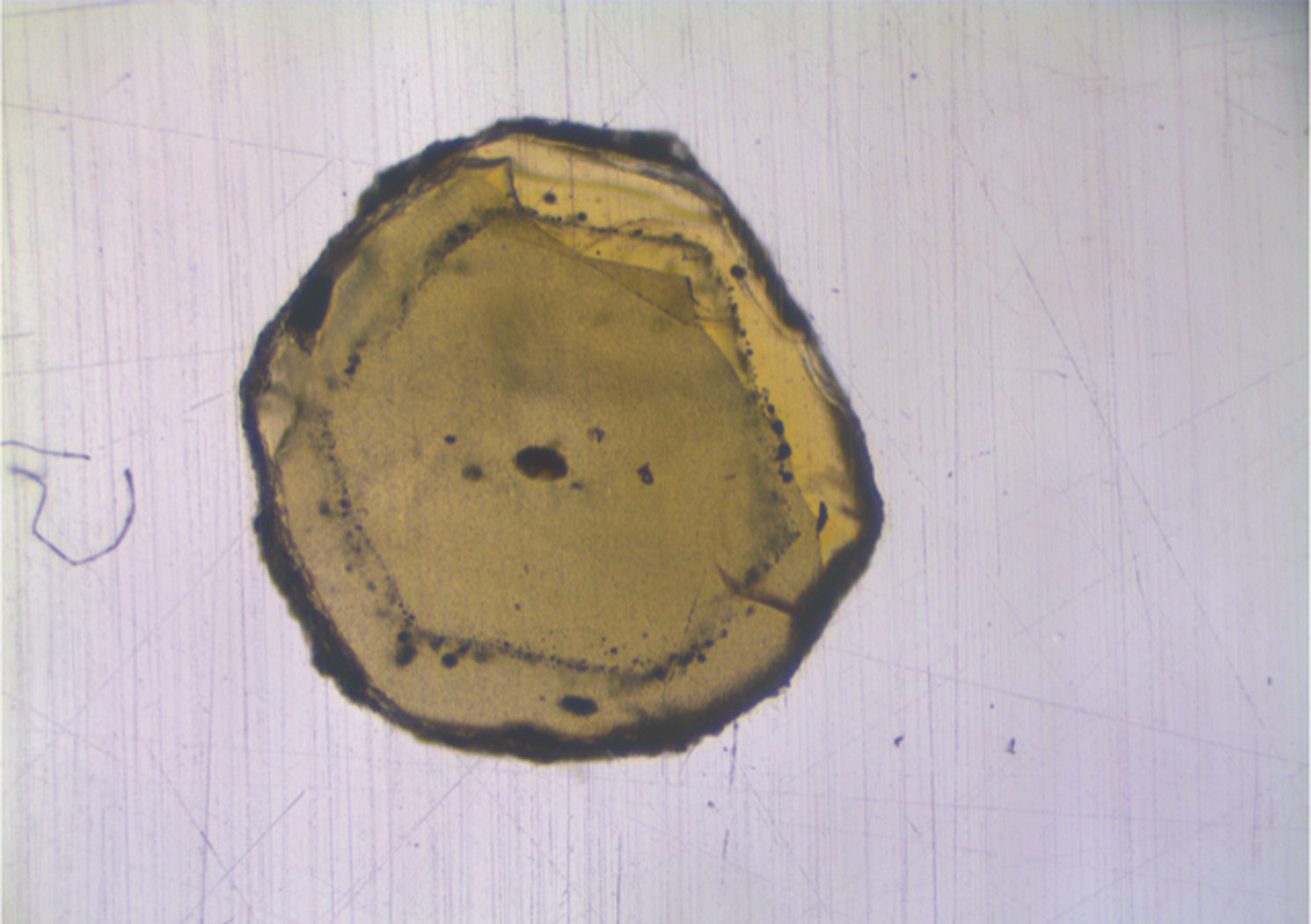Newcastle nanotechnologist awarded prestigious international lecture
Leading the charge in translating basic materials research into real-world products, Professor Ajayan Vinu has been awarded the highly coveted C.N. Rao Distinguished Lecture on Nanoscience and Nanotechnology at the Indian Institute of Technology Bombay (IIT) Bombay – the highest ranked university in India. In his lecture, Advanced Nano-materials for clean energy, environment, and health, … Read more
